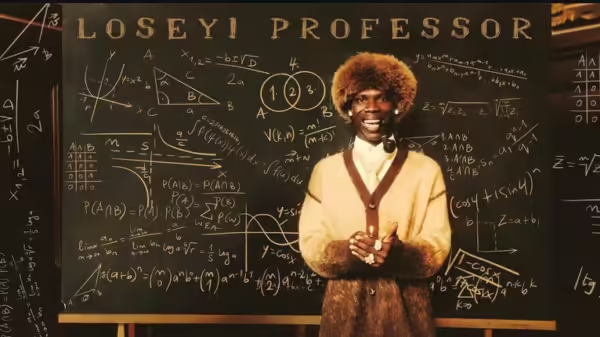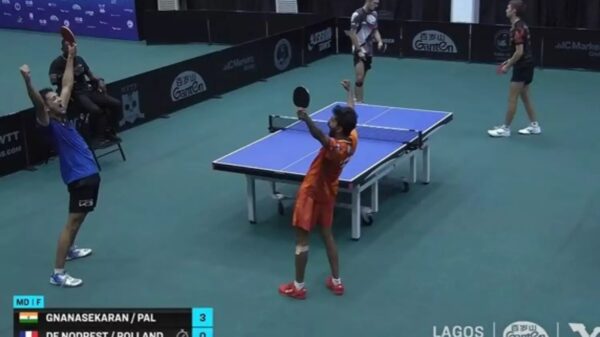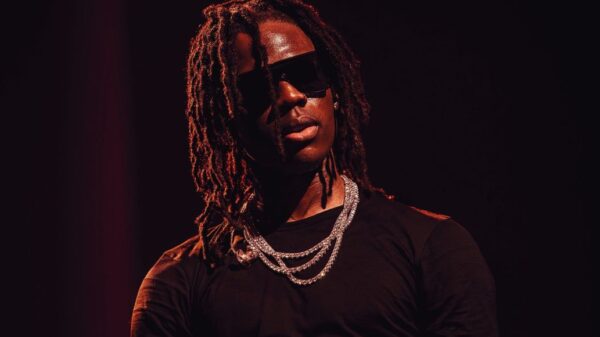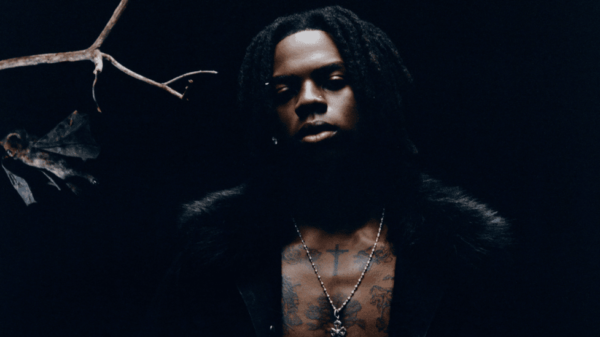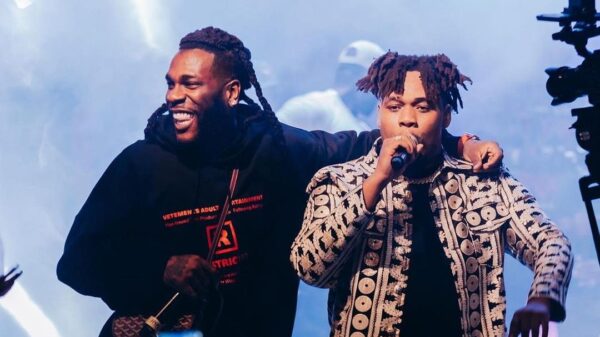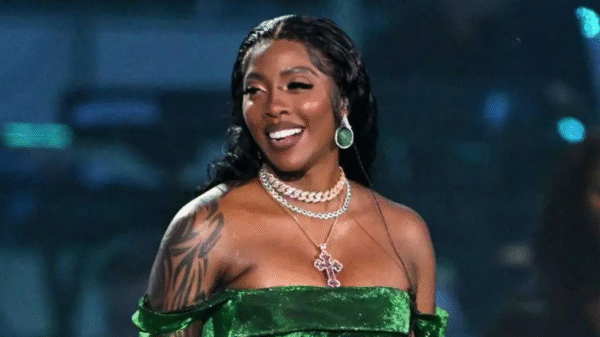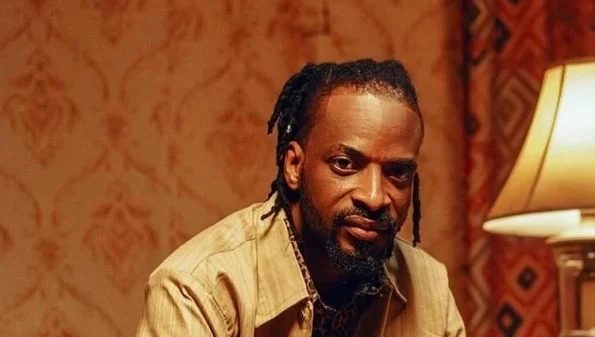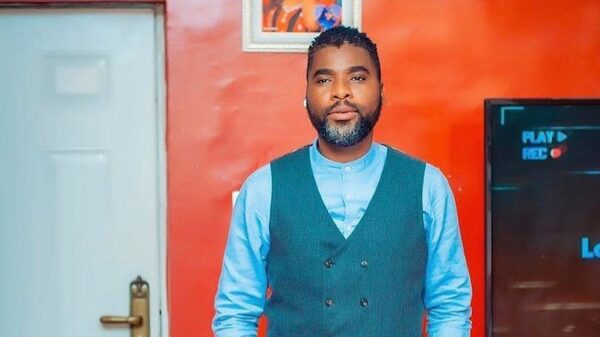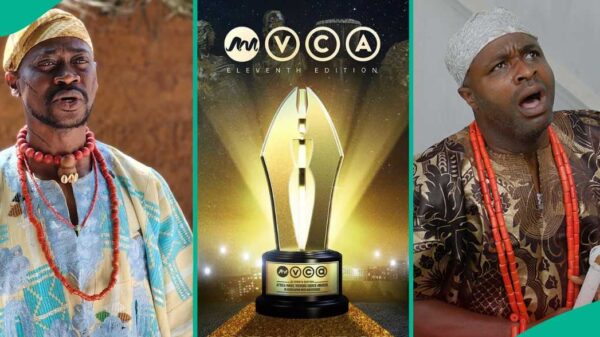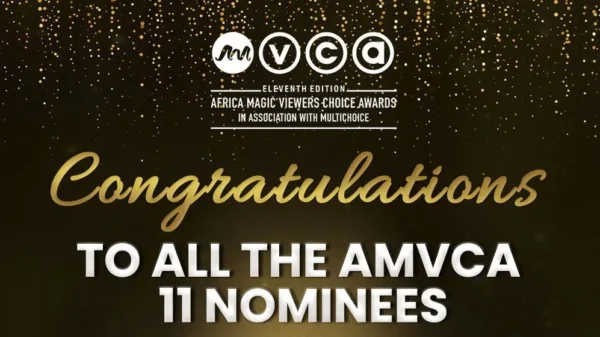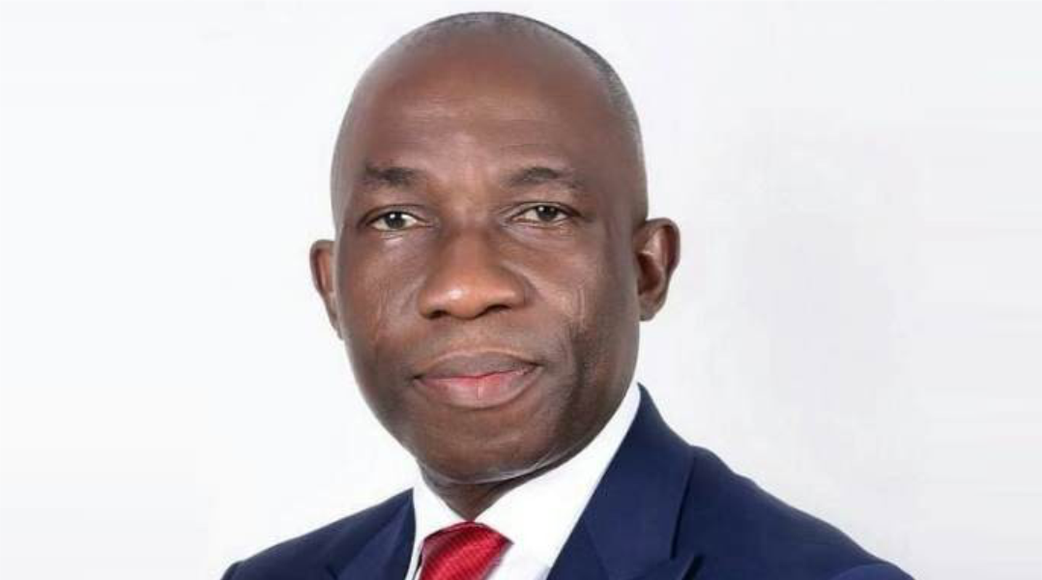The Nigerian Copyright Commission (NCC) has issued a strong warning to DJs across the country, stating that playing songs without proper licensing or authorisation from the rights holders is a criminal offence that could attract severe penalties, including up to five years imprisonment or a fine of at least ₦1 million.
The announcement was made in an advisory released on Wednesday, June 5, 2025, by Dr. John Asein, the Director-General of the NCC, in Abuja. According to the DG, the commission is concerned about the growing trend of Nigerian DJs performing publicly without obtaining the necessary copyright licences from the rightful owners or their designated Collective Management Organisations (CMOs).
Dr. Asein referenced Sections 9 and 12 of the Copyright Act, 2022, which state that only the copyright holder of a musical work or sound recording has the exclusive legal right to reproduce, perform, or publicly communicate that work.
“Engaging in any of these acts without the owner’s authorisation constitutes an infringement under the Act,” he explained.
He added that under Section 44 (7) of the same Act, such infringements may be prosecuted as a criminal offence, punishable by a fine not less than ₦1 million, a minimum jail term of five years, or both.
The NCC further clarified that public performances of music by DJs, whether in hotels, clubs, gardens, event centres, or recreational facilities, count as both public performance and communication to the public, and thus require licensing.
To stay within the boundaries of the law, the commission urges DJs to:
- Obtain the appropriate licenses before playing any copyrighted material publicly.
- Ensure that royalties are paid to the approved CMO representing the copyright holders.
Dr. Asein concluded by stating that the NCC will not hesitate to investigate, arrest, and prosecute any DJ or entity found violating copyright laws.
While the legal provisions are clear, challenges remain around implementation and enforcement. With DJs operating in virtually every corner of Nigeria, from large concert venues to small street parties, ensuring full compliance may be a significant hurdle for the commission.
Nevertheless, this move sends a strong signal about the NCC’s intent to protect intellectual property rights and ensure that creators receive due compensation for the use of their work.



